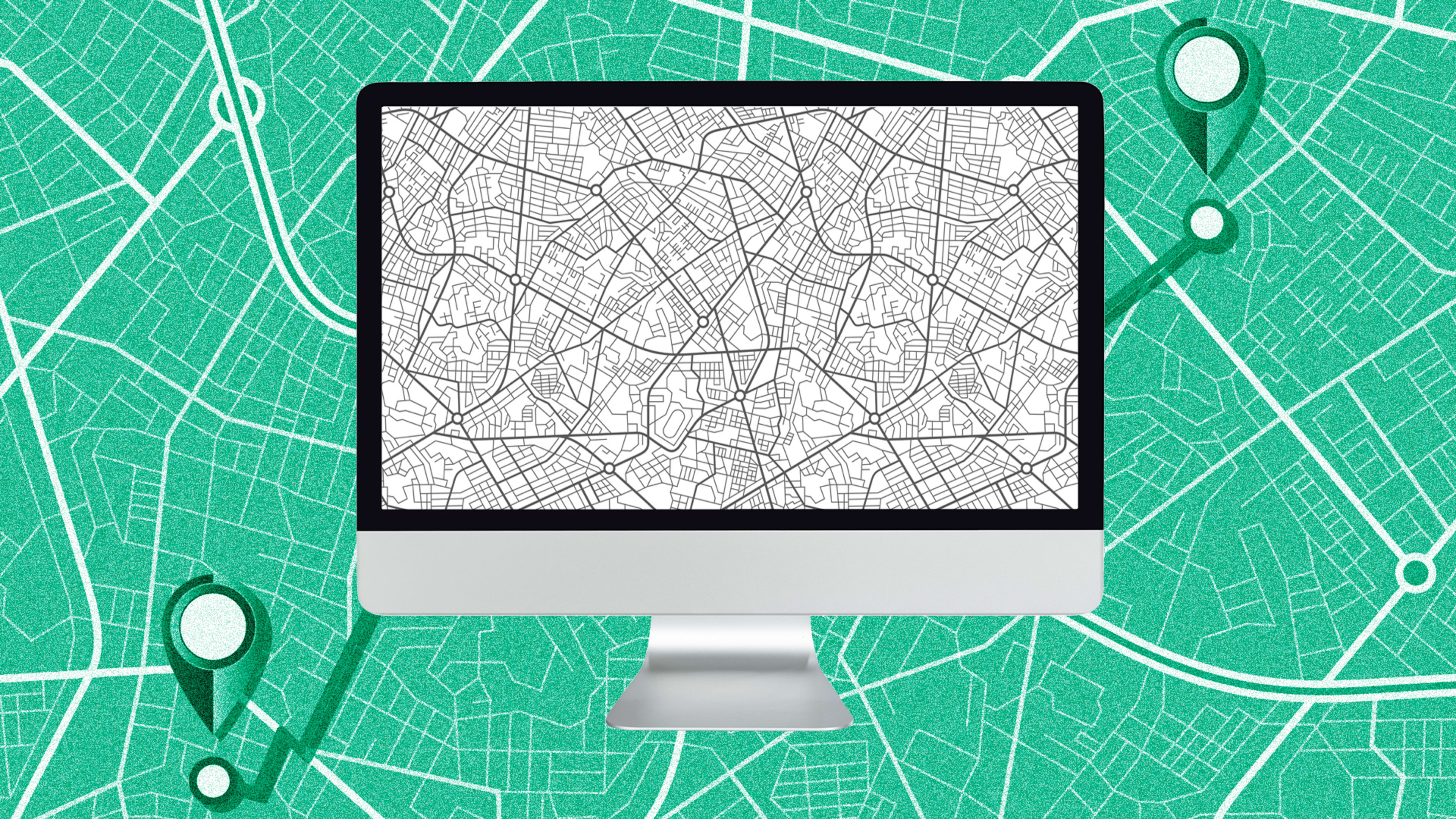Last year was an ignominious one. We saw successive crises come home to roost: Police brutality underscored the corrosive effects of structural racism, devastating floods and wildfires gave urgency to the need for decarbonization, and under-resourcing undermined essential public institutions amidst a pandemic when we needed them most. Each of these systems shocks were made worse by a compounding crisis of lack of trust in information sources, limiting our ability to understand and act upon these most urgent issues of our time.
As we grapple with this epistemic emergency, Wikipedia, the free online encyclopedia, is turning 20 years old. I am CEO of the Wikimedia Foundation, the organization that oversees it and supports its volunteer community.
Wikipedia started during the early days of the free and open internet, as people were first exploring how digital networks could allow them to collaborate across the world. But over time, the ideal of the network for global cooperation has given way to a fragmented reality, a web of unequal access, polarizing opinions and echo chambers. Today, false information online spreads significantly faster than the truth online, driven by profit models that prioritize outrage and engagement over accuracy. Somehow, from this murky agnotologic soup, Wikipedia has emerged as the world’s most comprehensive, trusted source for free knowledge, with more than 55 million articles in 300 languages.
If you were seeking to build a distinguished, definitive online knowledge source for the globe, Wikipedia has done everything backwards.
In other words, if you were seeking to build a distinguished, definitive online knowledge source for the globe, Wikipedia has done everything backwards. And yet, it is exactly because of this non-hierarchical, cooperative, mission-driven model that it works. The more open the project, the greater the participation. The more people who participate, the greater the benefit. The greater the benefit, the more people who care.
It is here, in the seeds of Wikipedia’s radically open, collaborative approach, that we see a model for how we can build not just bulwarks against misinformation, but perhaps also more resilient and adaptive institutions for our future. As we begin a new year, a powerful idea has taken root: the system as it was is broken, and our recovery from the COVID-19 pandemic is an opportunity to reimagine our world. We can renegotiate our social contracts, rebuild our most essential institutions, design for trust and truth, and learn the lessons of the year to create a more informed, just, and resilient society.
Lessons from the Wikipedia community
First, we must decentralize problem solving and resource allocation. Standardized solutions don’t serve a sprawling and textured society. While it’s essential to have a clear set of goals, such as building a free encyclopedia, the best approaches are adaptable, localized, and responsive to local cultures and conditions. Communities are the best diagnosticians of their needs and challenges, and often the sources of the most creative innovations. The more flexible and open systems are to solutions from the edges, the more adaptable, relevant, and resilient they become, empowering their stakeholders to develop, test, and share their own practices.
Second, we must practice the exercise of consultation and discourse. In a world in which large parts of society feel ignored, top-down decision making and one-way communication deepens distrust and disaffection. The voting booth should not be the only place where people can make their voices heard; the town council should not wait for their citizens behind podiums. Consulting widely, listening with sincerity, debating with respect, and weighing difficult tradeoffs with candor: These practices work slowly, but build lasting solutions, as well as the relationships and trust essential to weathering uncertainty.
Related: A week after the Capitol attack, Wikipedia is still struggling to find the words
We must next design institutions that are inherently inclusive at every level. Over the past year, we’ve seen powerful movements led by historically marginalized communities take center stage in both government conversations and the public consciousness. Now it is time for institutions to follow their lead, building new models of participatory leadership and intentional culture. This includes designing representation into governance, and developing models of shared power that incorporate healthy practices of compromise and cooperation. Rebuilding for inclusivity requires empathy and courage, but it’s essential to rebuilding public trust.
Finally, we must institutionalize healthy dissent. Introducing structures to systematically interrogate the status quo can lead to progress. Creating supportive spaces for constructive, productive friction can begin to repair some of the deep ideological divides in our society—provided there is an incentive to find consensus. The act of rebuilding can be that motivation; empowering people to create something together is a powerful natural incentive to discuss, disagree, and reconcile varied perspectives in the pursuit of achievement.
As we stand at the beginning of a new decade, the challenges in front of us feel more urgent than ever. And yet, I am still hopeful. Our future is ever much more ahead of us than it is behind us. We can transform the structures of our society, and demand more of the institutions that serve us. We can be both prevention and a cure.
Katherine Maher is the CEO of the Wikimedia Foundation.
Recognize your brand’s excellence by applying to this year’s Brands That Matter Awards before the early-rate deadline, May 3.
